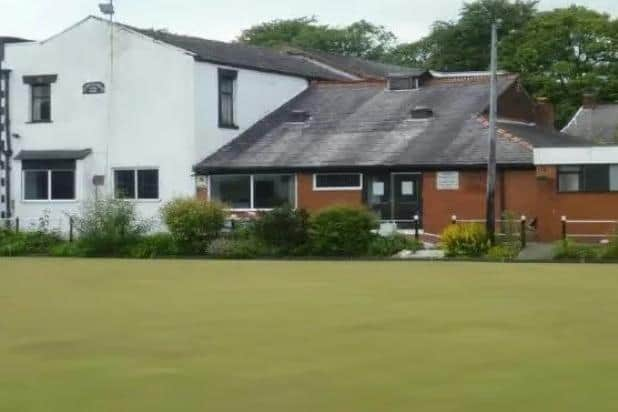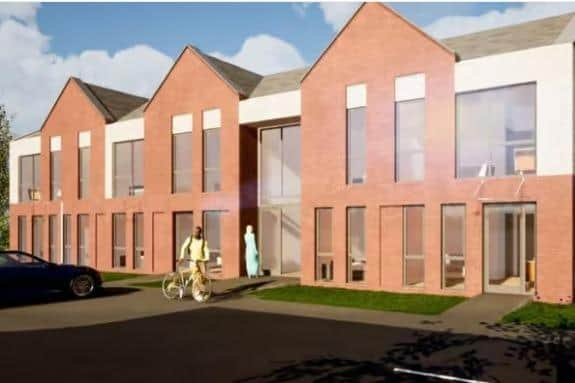Work begins to breathe new life into the derelict site of one of Preston’s oldest workingmen’s clubs
and live on Freeview channel 276
Fishwick Ramblers Club - named after the football club which played as Preston North End's reserve side in the 1880s - shut down in 2014 and has now become a vandalised eyesore.
Construction is underway on supported living apartments for adults with learning difficulties. Developers Weaver Finch say the new complex at Mornington Road will breathe new life into the site which included an overgrown bowling green and a century-old clubhouse.
Advertisement
Hide AdAdvertisement
Hide AdOnce completed, the development will be part of Lancashire County Council’s supported living service and will provide hi-tech homes for adults who require support with everyday living.


Weaver Finch have secured a £1.75m loan from Manchester-based property lender Together, paving the way for the new development of 13 apartments, complete with car parking spaces, a communal lounge and gardens.
Alex Bodie, head of social housing at Together, said “We were hugely impressed with their vision for the Mornington Road site, which has been disused and unloved for many years, and delighted to have been able to provide the finance facility to help our partners achieve their ambitions.
“There is a severe shortage of good quality supported living in the North West and across the UK and this development will allow its new tenants to receive the care and support they need while living independent lives.”
Advertisement
Hide AdAdvertisement
Hide Ad

Weaver Finch say the apartments are for "people who are able and ready to live more independently in supported housing environments."
The company says the site is "overgrown, with evidence of fly tipping, vandalism and other forms of antisocial behaviour due to the lack of natural surveillance.
"The site in its current dilapidated state subsequently represents an eyesore and public liability as opposed to the community asset it once will have been when there was demand for the community facilities."
The Fishwick Ramblers club was built in 1920 and for decades was a leading club for crown green bowling with its immaculately manicured green. Yet by 2013 the club was struggling financially and was on the verge of closing down when members stepped in to run it as a co-operative.
Advertisement
Hide AdAdvertisement
Hide Ad

The takeover was brief and the club ceased trading in 2014 after the council's licensing committee withdrew its licence after complaints about late night noise.
Weaver Finch director Andrew Hynes said: “This will be a flagship scheme, utilising the latest assisted technology to keep tenants safe whilst also maximising independence in a well-designed and welcoming environment. It’s great to see this project taking shape.”
Coun Graham Gooch, LCC cabinet member for adult social care, commented: “This will be a very welcome addition to our Housing-with-Care strategy, enabling people to receive the care and support that is person-centred, promotes independent living, helps them to be connected to their family, friends and communities, and helps to keep them safe.
“This will support vulnerable adults with disabilities, promote self-care, reduce social isolation and loneliness, while supporting them to live independently at the same time. This facility is part of the council’s strategy to support vulnerable adults, allowing people to lead fulfilling lives, with their own self-contained accommodation and their own front door, enabling them to increase their independence, health and quality of life.”